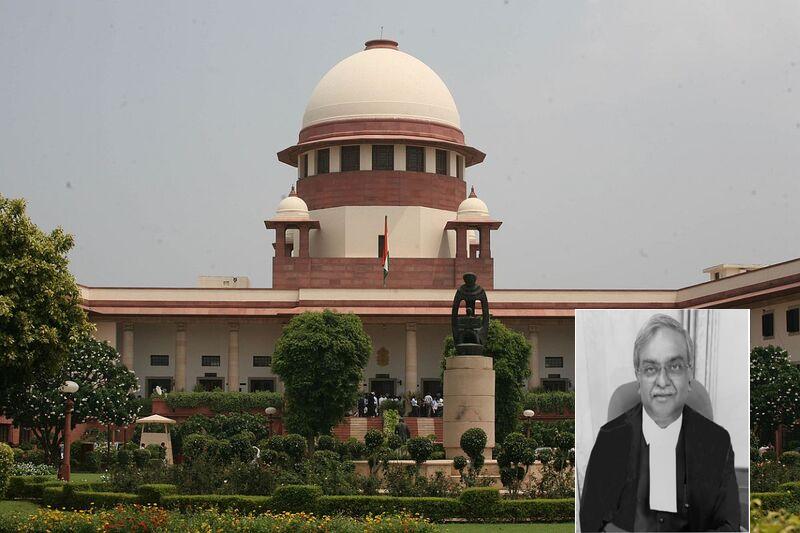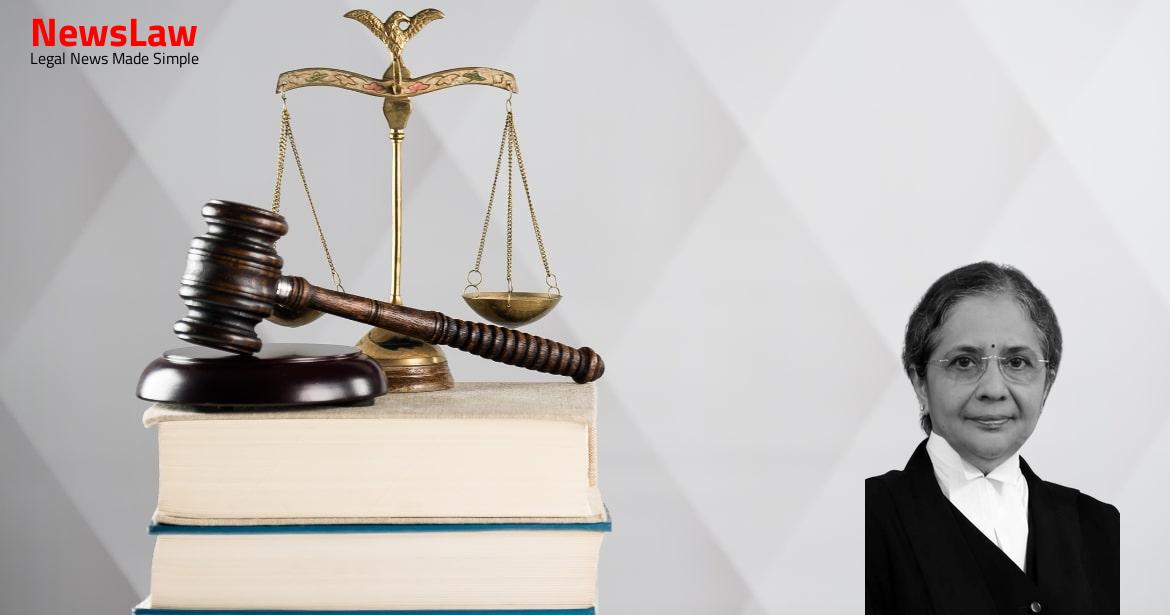The present appeal is directed against the Final Judgment and Order dated 18.07.2018 (hereinafter referred to as the “Impugned Judgment”) passed by the High Court of Judicature at Allahabad (hereinafter referred to as “the High Court”) in Second Appeal No.1574 of 1984 by which the second appeal filed by the respondents was allowed; judgment of the First Appellate Court was set aside, and; judgment of the Trial Court was affirmed and restored. The appellants filed Appeal No.118 of 1982 which was allowed by the First Appellate Court vide judgment dated 09.05.1984. It was contended that the High Court without giving any cogent reasons, on wrong appreciation of the material/facts and law, had reversed the judgment of the First Appellate Court.
It was submitted that Clauses 3 & 4 of the ATS dated 31.07.1975 would indicate that the time for moving the court for specific performance started upon expiry of the 8 day from 31.07.1975 and thus, filing of the suit on 01.01.1981 was clearly beyond the period specified to institute such case. It was further contended that the respondents had orally shown their willingness to the appellants to pay the balance amount and get the Sale Deed executed in terms of the time-frame as per the ATS but the appellants stoutly refused to act as per the terms of the ATS. Further, Clause 4 stipulated that in case the appellants did not apply for permission within the stipulated time ‘ or ’ after getting permission, did not inform the respondents and get the deed executed in favour of either the respondents or anyone of their choice then the respondents would have the right to get the sale of the property in question executed in their favour through the Court, and also take possession through the Court. It was clarified that in the 8 event of failure to do so i.e., either of not applying for permission ‘ or ’ not intimating the respondents upon receipt of permission, the respondents had the right to move the Court for getting the sale executed as also for possession. There being no notice given to the appellants by the respondents for five and a 9 half years to indicate the reason why they kept waiting or that despite their willingness to comply with their portion of the obligations under the ATS, the appellants had not discharged their obligations under the ATS and why the respondents should not move before the Court for enforcement of the ATS, as contemplated thereunder, coupled with the fact that in the entire plaint, there is not even a whisper with regard to the respondents having ever called upon the appellants or given notice to them that they were ready and willing to pay the balance amount and get the Sale Deed executed, in our considered view does not aid the respondents. In view thereof, from their own pleadings in the plaint, even after five and a half years, there being no averment that the respondents were ready and willing to perform their obligations under the ATS and pay the balance/remaining amount is enough for the suit of the respondents to be dismissed on the ground of limitation alone. ’ In Ghewarchand v Mahendra Singh, (2018) 10 SCC 588, it was observed that when deciding upon the question of limitation, it is mainly required to see the plaint allegations and how the plaintiff has pleaded the accrual of cause of action for filing of the suit. It has consistently been held that, “inconvenience is not” a decisive factor to be considered while interpreting a statute. Santa Singh [(1973) 2 SCC 705: AIR 1973 SC 2537] and Pundlik Jalam Patil v. We quantify such lump-sum refund, factoring in the time elapsed, at Rs.1,50,000 to be paid on/before 01.01.2024 to the respondents by the appellants.



